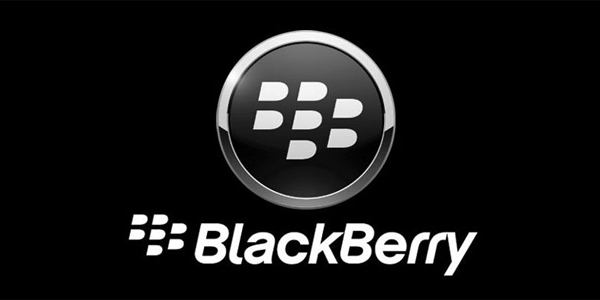
In what could be construed as either a sign of sour grapes or an unwillingness to hold out hope for the company after its last hope in BB10 has officially launched, former RIM (nee BlackBerry) CEO Jim Balsillie has sold off his minor 5% stake in the company which totaled 26.8 million shares. This was confirmed when BlackBerry’s SEC filing became public earlier this morning.
At one point before the firm’s current ~$14 stock price, RIM was worth $220 per share on the former strength of the BlackBerry platform and hardware before the iPhone 3G and 3GS combined with the launch of the App Store to nearly eviscerate RIM’s position in the marketplace and subsequently replaced the BlackBerry as the most popular smartphone in the marketplace until the launch of Android smartphones in 2008 also contributed to the marketshare erosion, which continues to this day.
Since then, even strongholds such as Europe and Southeast Asia, which helped to shore up BlackBerry’s losses in North America for the past few years are now increasingly moving to Android and iOS, thanks to more competitive pricing and increased hardware options along with more options for cross-platform messaging have become available and have displaced BBM and SMS/email as a necessity in those markets.
With Basillie selling off his stake, what remains to be seen is whether his former co-CEO and current Vice-Chairman in Mike Lazaridis will do the same, since both left the company’s CEO positions after the board of directors dismissed them in a shock board meeting held on the evening of Super Bowl Sunday in 2012, in a bid to minimize media attention and scrutiny after years of splitting responsibilities in a bid to correct the increasing losses faced by the company, only to be replaced by current CEO Thorsten Heins.
While the initial launch of BB10 is showing signs of positive success in Canada and the UK along with initial positive critical press, what remains to be seen is how the US marketplace will react to the new platform as the first devices are not expected until next month in mid-March into April at the earliest, substantially reducing any anticipation for new customers that were not already tied into the platform.
While all four major carriers have committed to BB10, the lack of firm launch dates and pricing also serves to stoke uncertainty, especially as BB10 has to compete with a resurgent Windows Phone platform on the back of Nokia’s successful US carrier launches of its Windows Phone 8 powered device lineup during the holiday season.
Basillie selling his minority stake maybe a simple matter of business for the former CEO, but it does send a signal to others that if one of the former heads of the company doesn’t feel its worth holding on to a minority stake in the company he helped bring to prominence, there may be no hope for its rebound, no matter how much effort the company puts into its revival.